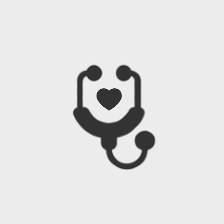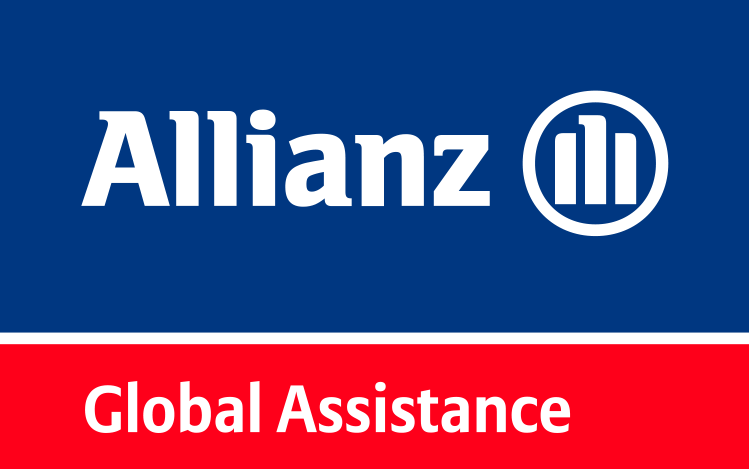Tips to stay safe while travelling in Spain

Street crime

The local pickpockets can be quite creative. Common schemes include:
- Fortune telling - A gypsy woman approaches and offers to tell your future. Sometimes these women
work in teams, and while you’re distracted you’ll lose your valuables. - The ‘good cause’ - If smartly-dressed ‘charity workers’ thrust a clipboard in your face, you may discover later that you’ve made an unwilling ‘donation’.
- Queue jamming - Teams of thieves deliberately create bottlenecks in busy places, such as on public
transport, mall entrances and on escalators. The pushing and shoving that ensues is the perfect environment for fast fingers to do their work. - Needing Assistance - Thieves also distract their victims with offers of assistance (with directions,
for example). While the victim is distracted, an accomplice robs the victim.

If you are pickpocketed make sure you obtain a police report as you may need this to make a travel insurance claim for your lost belongings.
Terrorism
Health Information

Your travel insurer can help co-ordinate your hospital care and cover treatment bills.
Natural disasters
Drinking and partying

Smoking
NOTICE: While the Information is considered to be true and accurate at the date of publication, changes in circumstances after the time of publication may impact on the accuracy of the information. We strongly recommend verifying the travel advisory of your destination prior to departure.
DISCLAIMER: While every effort has been made to ensure the accuracy of all information as at the date of publishing, Allianz Global Assistance does not accept liability for any errors or omissions. Allianz Global Assistance strongly recommends seeking the guidance of a professional travel agent/agency for further information on a specific destination. On your next trip, whether to another province or country, ensure you have travel insurance as it may assist you in cases of unforeseen medical emergencies and other types of mishaps that can happen while you travel. Travel insurance does not cover everything, please always refer to the policy document for full terms and conditions, including limitations and exclusions. Travel insurance is underwritten by CUMIS General Insurance Company, a member of The Co-operators Group of Companies, administered by Allianz Global Assistance, which is a registered business name of AZGA Service Canada Inc. Photography Credits: Sergio TB, Vladimir Staykov, NaughtyNut Shuterstock.com
Related articles
to speak with one of our agents.
